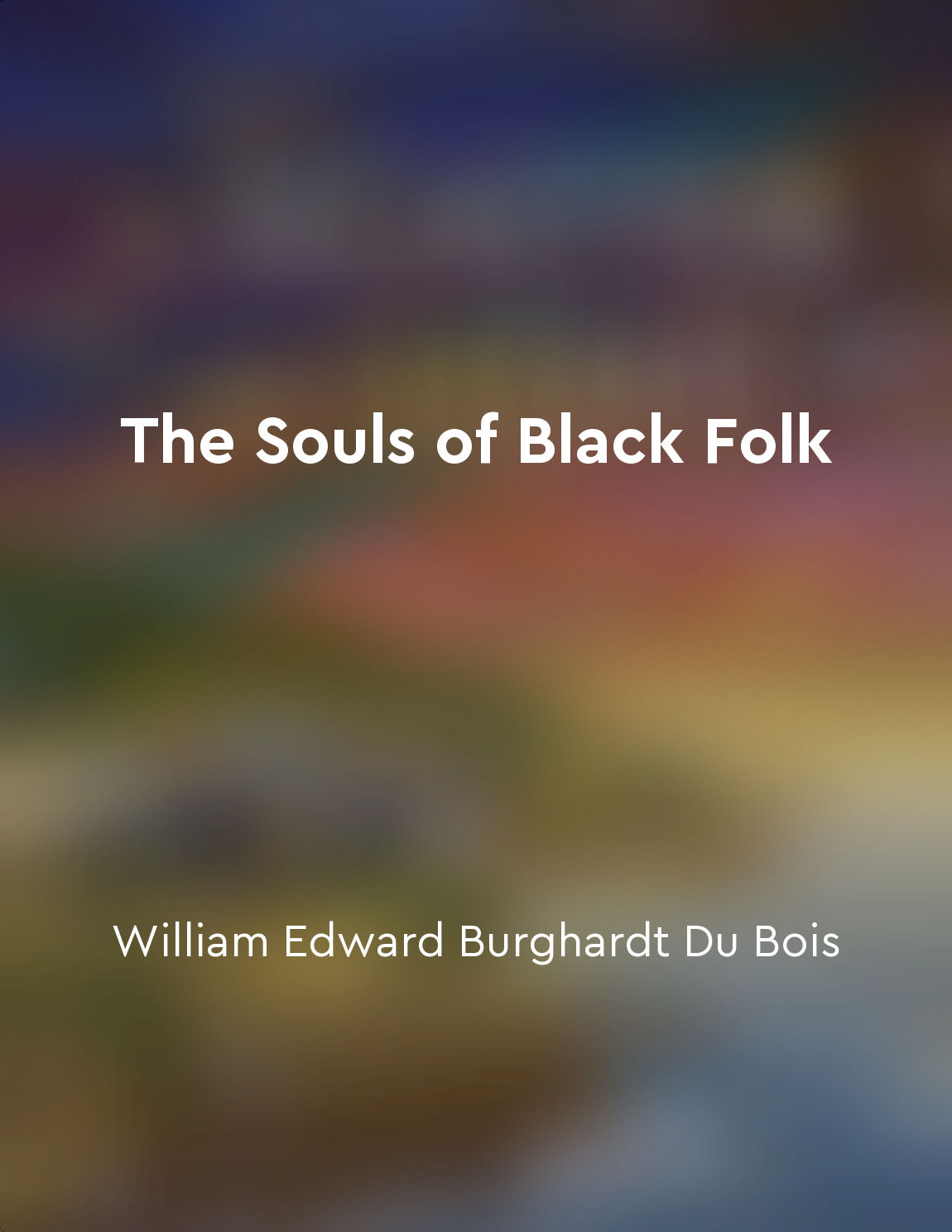Experiencing racism and discrimination firsthand from "summary" of It's Trevor Noah: Born a Crime by Trevor Noah
In my life, I have had the unfortunate privilege of experiencing racism and discrimination firsthand. It's not something I chose, but it's something I had to endure because of the color of my skin. I remember walking down the street with my mother and feeling the stares and the whispers. I remember not being able to go certain places because I wasn't welcome there. I remember feeling like an outsider in my own country, simply because I looked different. Growing up in South Africa during the time of apartheid, racism was not just a part of life - it was the law. I was born to a black mother and a white father, which was illegal under the laws of the time. I was considered a crime simply by existing. I couldn't be seen in public with my father, and my mother had to pretend to be my maid when we were out together. It was a constant reminder that I was different, that I didn't belong. Even as I got older and apartheid ended, the effects of racism and discrimination still lingered. I was still judged based on the color of my skin, still treated differently because of who I was. I was denied opportunities, overlooked for jobs, and made to feel inferior. It was a harsh reality to face, but one that I had no choice but to confront. Through all of this, I learned to navigate the world as a person of mixed race. I had to be aware of how others saw me, how they treated me, and how I could assert my own identity in a world that wanted to define it for me. It was a constant struggle, but one that ultimately made me stronger. Experiencing racism and discrimination firsthand is not something anyone should have to endure, but for many of us, it is a reality of life. It shapes who we are, how we see the world, and how we interact with others. It is a painful reminder of the injustices that still exist in our society, and a call to action to create a world where everyone is treated with dignity and respect.Similar Posts
Discrimination leads to limited opportunities for marginalized groups
Discrimination against marginalized groups results in a lack of access to opportunities that are essential for economic success...
Call for unity and solidarity among marginalized communities
Malcolm X emphasizes the importance of unity and solidarity among marginalized communities. He stresses the need for these comm...
Coming of age in a changing society
Growing up in South Africa during the final years of apartheid meant that every aspect of my life was shaped by the laws and no...

The importance of history in understanding the present
History, as a discipline, is often seen as something abstract and detached from the present moment. However, in reality, histor...
Examination of identity and belonging
The journey of exploring identity and belonging is a complex and multifaceted one, especially for those who find themselves str...
